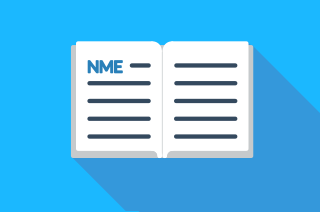Press freedom in a diverse and plural media environment is essential for the functioning democratic societies and a core value of European democracy. It provides a way for citizens to hold the powerful to account and guarantees both citizens’ and journalists’ fundamental right of information and freedom of expression.
Despite collective efforts of various organisations, NGOs, companies and governments worldwide, there is a decline in the level of press freedom globally. According to the Freedom House’s report[1], press freedom declined to its lowest point in 12 years in 2015. An increasing number of authoritarian figures, political conflicts and commercial failures in such a competitive era threaten media pluralism, the security of journalists and subsequently press freedom.
Consequently, journalists face threats and violence; media organisations suffer from loss of revenues due to unfair media concentration or governments intrude in media affairs. The same report argues that only 13 percent of the world’s population enjoys a free press while 46 percent live in “Not Free” media environments. Considering this situation, there is still much work to be done to improve press freedom and security of journalists worldwide.
According to “The 2017 World Press Freedom Index” compiled by Reporters Without Borders (RSF)[2], the media freedom situation is alarming globally and “has never been so threatened”. The report reveals that “the overall level of media freedom constraints and violations worldwide has risen 14% in the span of five years.”
It is an issue in European and western democracies as well. The report underlines that especially the rise of strongmen, surveillance and “violations of the right to confidentiality of sources” in western democracies led to an increase of attacks on the media and that we now live in an “age of post-truth, propaganda, and suppression of freedoms – especially in democracies.”
Even though the European Union and Balkans take the top places on the RSF’s list, the overall level of media freedom constraints and violations have increased (17.5% over the past five years).
Mapping Media Freedom also observed that violence against and pressure on journalists and crackdowns on news outlets have increased in Europe.[3]
When the freedom of the press is harmed then the quality of our democracy suffers. That’s why press freedom and media pluralism is central to every activity of News Media Europe. As News Media Europe, we are aware that freedom of information and expression is the lifeblood of democracy and we are committed to promoting and enhancing freedom of information and expression in a diverse and pluralistic media environment.
Fernando de Yarza López-Madrazo, President of News Media Europe
[1] https://freedomhouse.org/report/freedom-press/freedom-press-2016
[2] https://rsf.org/en/2017-world-press-freedom-index-tipping-point
[3] https://mappingmediafreedom.org/plus/index.php/2017/02/28/journalists-in-jeopardy-media-workers-silenced-through-violence-and-arrest-in-2016/










